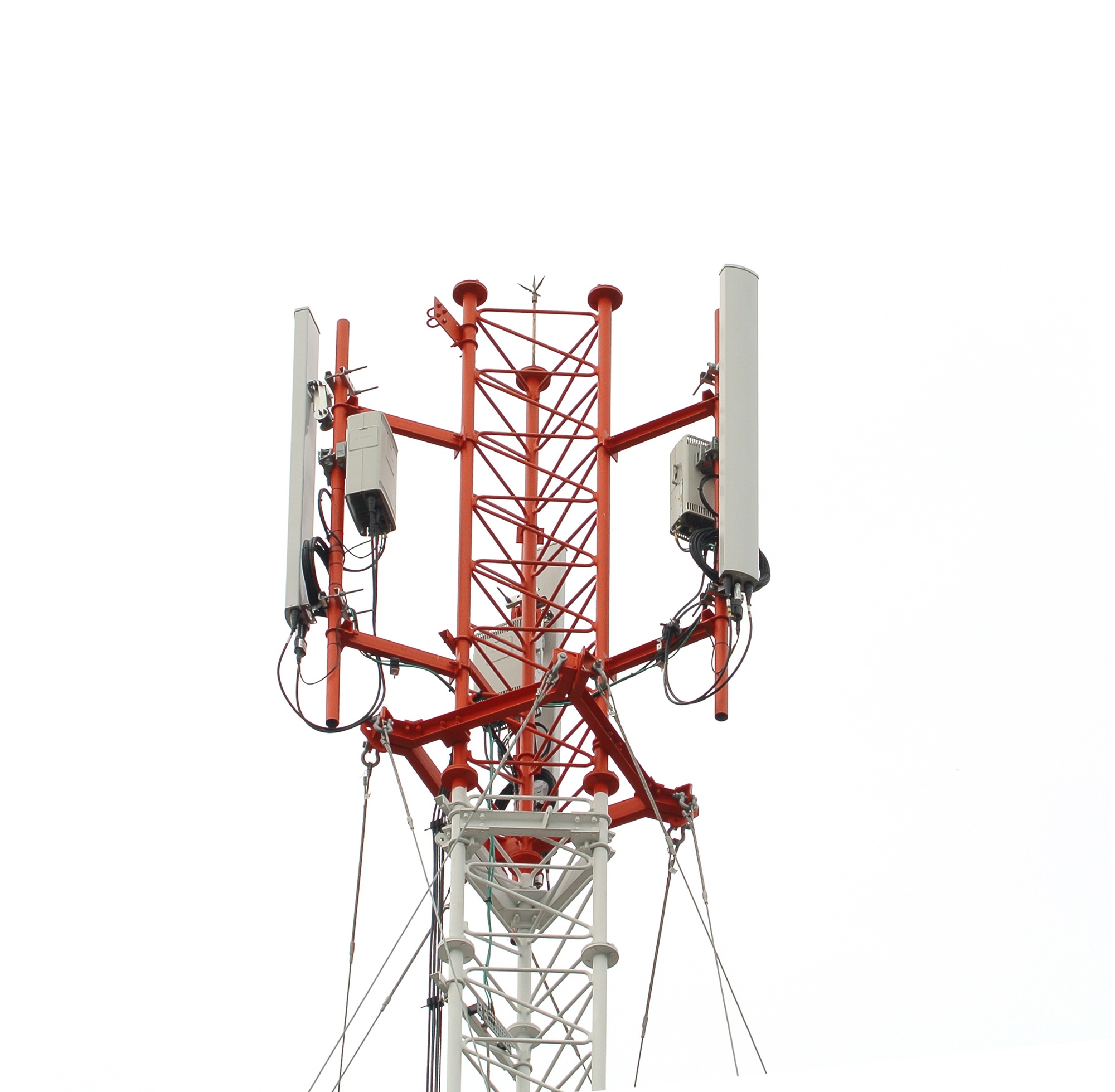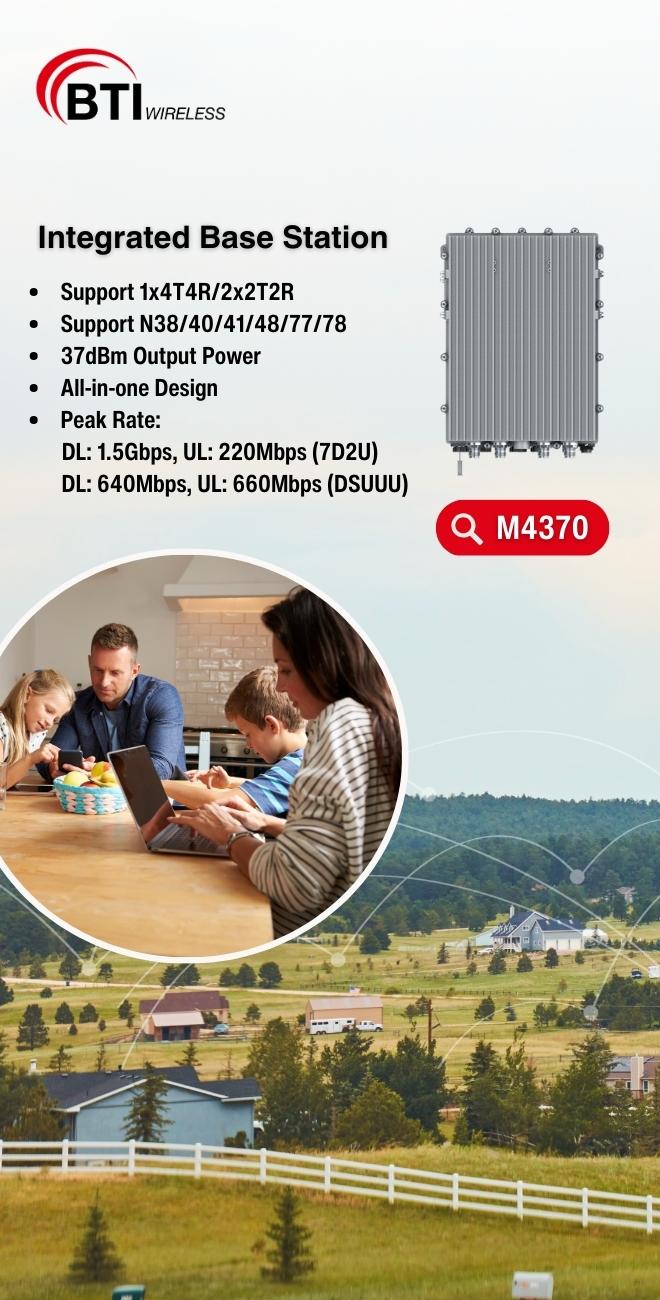On January 7, 2025, Maryland Governor Wes Moore signed an executive order to establish the Digital Infrastructure Group (DIG), aiming
AGL Information and Technology is a forward-thinking digital platform offering expert insights into Broadband, Infrastructure, Federal Programs, AI, and Technology. Building on decades of industry knowledge from its predecessor, Above Ground Level, AGL provides actionable intelligence and cutting-edge developments, distinguishing it from traditional online news sources. Its focus is on delivering valuable content for decision-makers and professionals staying ahead of trends. – Rich Biby, CEO, AGL Information and Technology
- AGL Info Tech Headline News
Broadband News
Dive deeper into the latest advancements, challenges, and opportunities in the Broadband sector, including updates on policy, infrastructure, and technological innovation. Explore more here: Broadband News & Information
Chinese Tech Firm Founded by Huawei Veterans Under U.S. Scrutiny
Maryland Establishes Digital Infrastructure Group to Enhance Broadband Access
New York’s Digital Revolution: $140 Million Boost for Broadband Infrastructure
Montana Launches Workforce Training to Support Statewide Broadband Expansion
Strengthening Nevada’s Digital Infrastructure: $416 Million for High-Speed Internet Expansion
Visionary Broadband Lassos Mountain Broadband
Chinese Tech Firm Founded by Huawei Veterans Under U.S. Scrutiny
Maryland Establishes Digital Infrastructure Group to Enhance Broadband Access
In a significant move to bridge the digital divide, New York State has announced over $140 million in awards from
Montana is set to receive nearly $629 million in federal funding to expand high-speed internet access across the state. To
You can stay updated on key developments in Infrastructure by reading more here: Infrastructure News & Information.

On January 7, 2025, Maryland Governor Wes Moore signed an executive order to establish the Digital Infrastructure Group (DIG), aiming to streamline broadband infrastructure development, increase internet coverage, and bridge

In a significant move to bridge the digital divide, New York State has announced over $140 million in awards from the ConnectALL Municipal Infrastructure Grant Program. This initiative aims to
Despite federal initiatives, a significant portion of tribal lands in the United States remains without reliable broadband access, exacerbating the digital divide and hindering socioeconomic development.

Nevada has secured approval for over $416 million in federal funding to expand high-speed internet access. This substantial investment, part of the Biden-Harris Administration’s “Internet for All” initiative, aims to
You can stay informed on the latest developments in Federal Programs by exploring more here: Federal Programs News & Information

The U.S. Department of Commerce has finalized a rule prohibiting the sale and import of vehicles equipped with Chinese or Russian technology, citing national security

The Building Resilient Infrastructure and Communities (BRIC) program, initiated by the Federal Emergency Management Agency (FEMA), is a pivotal effort to proactively invest in hazard

“Acquiring Mountain Broadband aligns perfectly with our vision of bringing high-speed internet to rural areas,” said Brian Worthen, CEO of Visionary. “We are continuing our

The grants can be used by most entities that provide telecommunications in qualified rural areas, including state and local governmental entities, federally recognized tribes, non-profits,
NTIA BEAD News
Learn more about the NTIA BEAD Program and its impact on broadband expansion here. NTIA BEAD Program News & Information

New Administration Faces Pressure to Embrace Tech Neutrality in NTIA’s BEAD Program
As the new administration settles into office, a pressing question looms over the National Telecommunications and Information Administration’s (NTIA) $42.5 billion Broadband Equity, Access, and Deployment (BEAD) program: Will a

Delaware, “The First State,” Becomes Second State to Get NTIA BEAD Final Proposal Approval
Headline: Delaware Becomes the Second State to get BEAD ApprovalArticle: The approval means that Delaware now can proceed towards network construction using its allotted BEAD funding to cover some of

Oklahoma Broadband Office Set to Deliver $750 Million in Infrastructure Grants
This $750 million investment through the BEAD program represents a transformative opportunity for Oklahoma,” said Mike Sanders, Executive Director of the Oklahoma Broadband Office. “We’re not just laying fiber; we’re
Explore the latest technological advancements and innovations by reading more here: Technology New & Information

As deepfake technology becomes increasingly sophisticated, the ability to distinguish between real and fabricated media is more crucial than ever. This article explores the latest

Headline: Utility Broadband Alliance and 450 MHz Alliance partner on utility wireless strategiesArticle: Through an MoU the Utility Broadband Alliance and the 450 MHz Alliance

The rapid evolution of technology, driven by AI and automation, necessitates urgent upgrades to existing networks. This modernization will address surging bandwidth demands, improve operational

Microsoft has confirmed that three zero-day vulnerabilities in Windows are currently being exploited in active cyberattacks. This revelation came as part of the company’s January
Discover the latest insights and trends in AI and Machine Learning by exploring more articles here: AI/MI/ML News & Information.

Artificial General Intelligence (AGI), the concept of machines possessing human-like cognitive abilities, has long been a subject of fascination and debate. Recent advancements in artificial

As artificial intelligence continues to evolve, AI agents are emerging as the next frontier in autonomous systems. These sophisticated digital entities are reshaping how we

Imagine two particles that are like best friends, always knowing what the other is doing no matter how far apart they are. This is the

The grants can be used by most entities that provide telecommunications in qualified rural areas, including state and local governmental entities, federally recognized tribes, non-profits,
Success flourishes in the soil of creativity, not in the shadow of replication!











